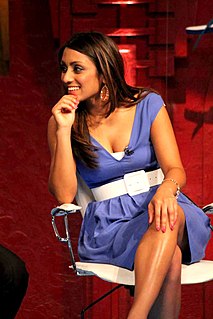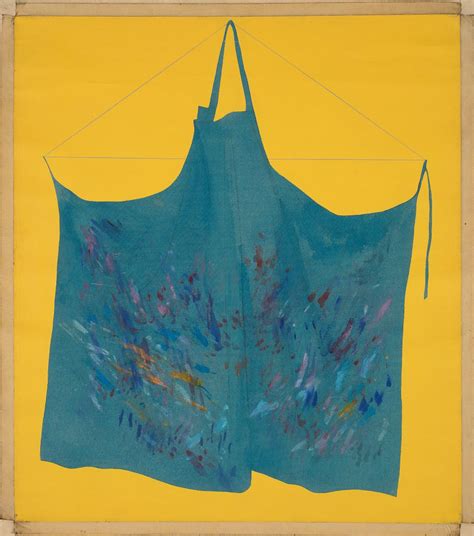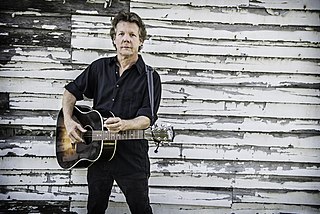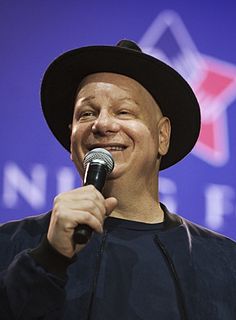A Quote by Isa Guha
As a pundit, it's important to tell the viewer something they might not know, be unbiased and not sit on the fence.
Related Quotes
In any organization there ought to be the possibility of discussion... fence sitting is an art, and it's difficult, and it's important to do, rather than to go headlong in one direction or the other. It's just better to have action, isn't it than to sit on the fence? Not if you're not sure which way to go, it isn't.
I'm not presumptuous enough to feel that people are going to feel what I have in mind, so I tell a story, you know, let them read something, that doesn't change, that as I have said it, you know, so that's the way I feel about the viewer, the viewer has a mind of their own and eyes of their own and they're going to see it their way, I just hope they look.
You start to think in terms of making an album that might be greater than the sum of its parts. It's sort of like having a lot of footage and then editing it into something that will make sense to a viewer, you know. Sometimes it might involve even working on an older song that might complete that picture.
I didn’t want a completely passive viewer. Art means too much to me. To be able to articulate something visually is really an important thing. I wanted to make work where the viewer wouldn’t walk away; he would giggle nervously, get pulled into history, into fiction, into something totally demeaning and possibly very beautiful
The tools are real. The viewer is real, you, the artist, is real and a part of everything you paint. You connect yourself to the viewer by sharing something that is inside of you that connects with something inside of him. All you have as your guide is that you know what moves you. All you have to do it with is a brush, some chemical and canvas, and technique.
I'll think about something else. I'll just sit quietly. If I could sit still. If I could sit still, maybe I could read. Oh, all the books are about people who love each other, truly and sweetly. What do they want to write about that for? Don't they know it isn't true? Don't they know it's a lie, it's a God-damned lie? What do they have to tell about that for, when they know how it hurts?
The only people who can ever put ideas into context are people who don't care; the unbiased and apathetic are usually the wisest dudes in the room. If you want to totally misunderstand why something is supposedly important, find the biggest fan of that particular thing and ask him for an explanation. He will tell you everything that doesn't matter to anyone who isn't him. He will describe paradoxical details and share deeply personal anecdotes, and it will all be autobiography; he will simply be explaining who he is by discussing something completely unrelated to his life.
Life has to keep going, so you can either be a victim the rest of your life and let it drag you down into drugs and alcohol and depression or you can turn it into something good, fun even, you know, and I tell young people who are going through depression that this might be the most important time of your life. This might be what makes you a great artist later on.



































